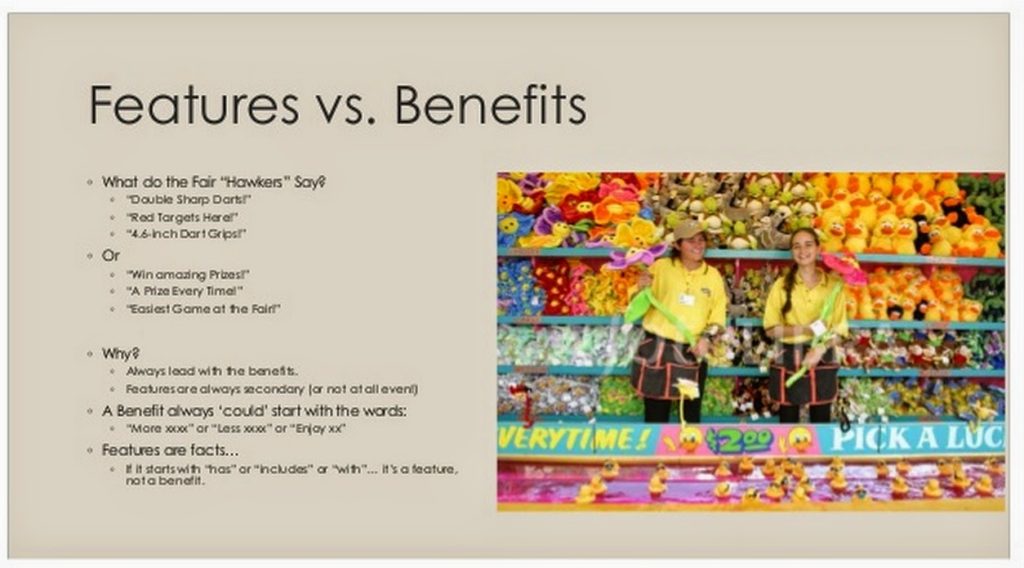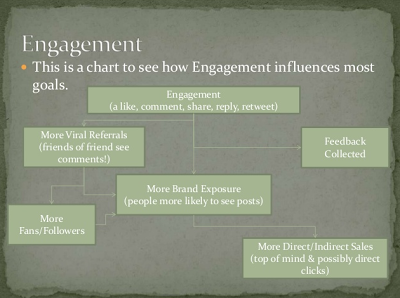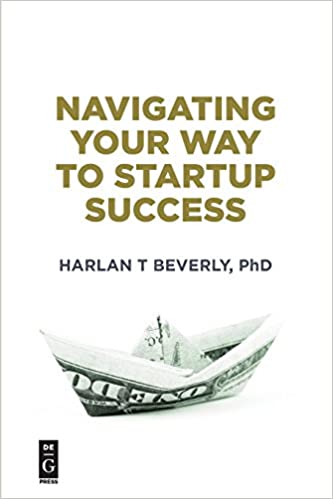Which is better for Advertising? Facebook or Google? Hell if I know! What is better anyways? Different… would be a better way to explain Facebook vs. Google, so here goes how I see them as different from a Direct Internet Marketing perspective.
Here is the main difference: The Targeting is Different.
- Facebook lets you target Age/Gender/Location/Likes, and more, because it knows “who it’s users are”.
- Google lets you target Location and “Search Term Keywords” only.
From a direct marketer’s perspective Facebook might seem better. Marketers usually think of segmentation in terms of “demographics” and “psycho-graphics’, and with Facebook’s tools, you can really target a “market segment”.
The problem with Facebook Targeting is that you have no idea of “buying intent”. You don’t know if they are interested or care about your offer.
For Google, you target the key words that a person is searching for AT THAT MOMENT. There is some kind of intent implied in the act of searching. While this doesn’t jive with Marketers view of segmentation, it certainly does have an impact on relevance to the user.
The difference in the CTR and CVR between the two platforms shows what I mean.
- “Averages” from some of my own Facebook campaigns: CTR: 0.025% CVR: 0.012% (yes a tenth of a percent)
- “Averages” from some of my own Google Adwords campaigns: CTR: 0.6% CVR: 0.06% (yes 6 tenths of a percent).
Meaning Google is between 20x better at click-through-rate, and at least 6x better at CVR.
Another big difference is the “Ad Frequency” settings of the two tools.
- On Facebook, the ads are shown in smallish quantities until one of the ads in an ad group takes off… then the others get virtually no traffic.
- On Google, you can SET the system to show ads evenly (when you are A/B testing, this is really really important).
So doing A/B testing on Facebook is almost impossible… (I havn’t figured out a way to do it in a statistically meaningful way).
Instead, on Facebook, I do “Survival Testing”… ads that Survive (get impressions and seem to keep working at a decent rate) go into my “good group” and ads that do not get enough testing, stay in the testing group until I have enough data to “kill them”. It’s a very slow and tedious process.
I’m sure there is more differences as well… what differences do you think are key?








